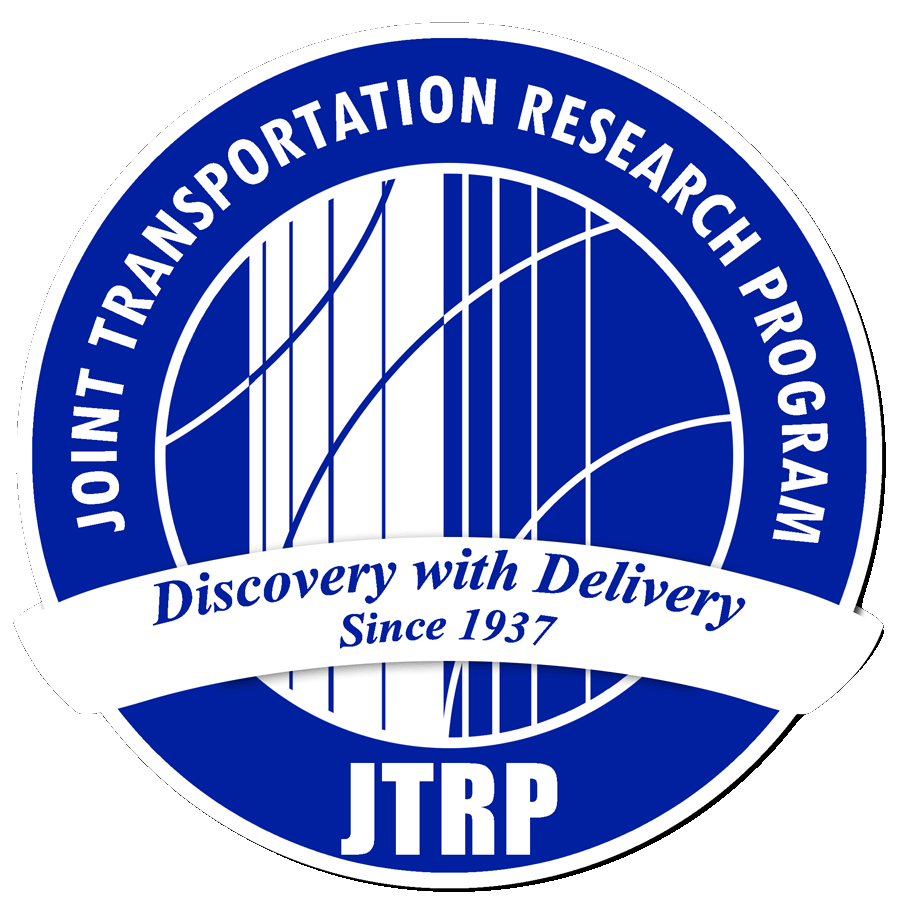Recommended Citation
Day, Christopher M.; Li, Howell; Hubbard, Sarah M. L.; and Bullock, Darcy M., "Observations of Trip Generation, Route Choice, and Trip Chaining with Private-Sector Probe Vehicle GPS Data" (2017). JTRP Affiliated Reports. Paper 43.
https://doi.org/10.5703/1288284317368
DOI
10.5703/1288284317368
Date of this Version
2017
Keywords
probe data; GPS data; automated vehicle location; route choice; trip generation; trip chaining
Abstract
This paper presents an exploratory study of GPS data from a private-sector data provider for analysis of trip generation, route choice, and trip chaining. The study focuses on travel to and from the Indianapolis International Airport. GPS data consisting of nearly 1 billion waypoints for 12 million trips collected over a 6-week period in the state of Indiana. Within this data, there were approximately 10,000 trip records indicating travel to facilities associated with the Indianapolis airport. The analysis is based the matching of waypoints to geographic areas that define the extents of roadways and various destinations. A regional analysis of trip ends finds that travel demand for passenger services at the airport extends across a region spanning about 950 km. Local travel between land uses near the airport is examined by generation of an origin-destination matrix, and route choice between the airport and downtown Indianapolis is studied. Finally, the individual trips are scanned to identify trip chaining behavior. Several observations are made regarding these dynamics from the data. There is some sample bias (types of vehicles) and opportunities to further refine some of the land use definitions, but the study results suggest this type of data will provide a new frontier for characterizing travel demand patterns at a variety of scales.


